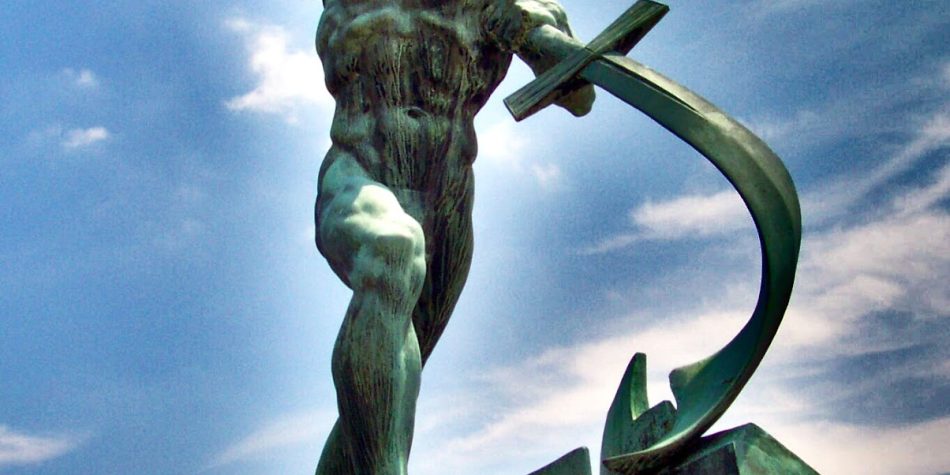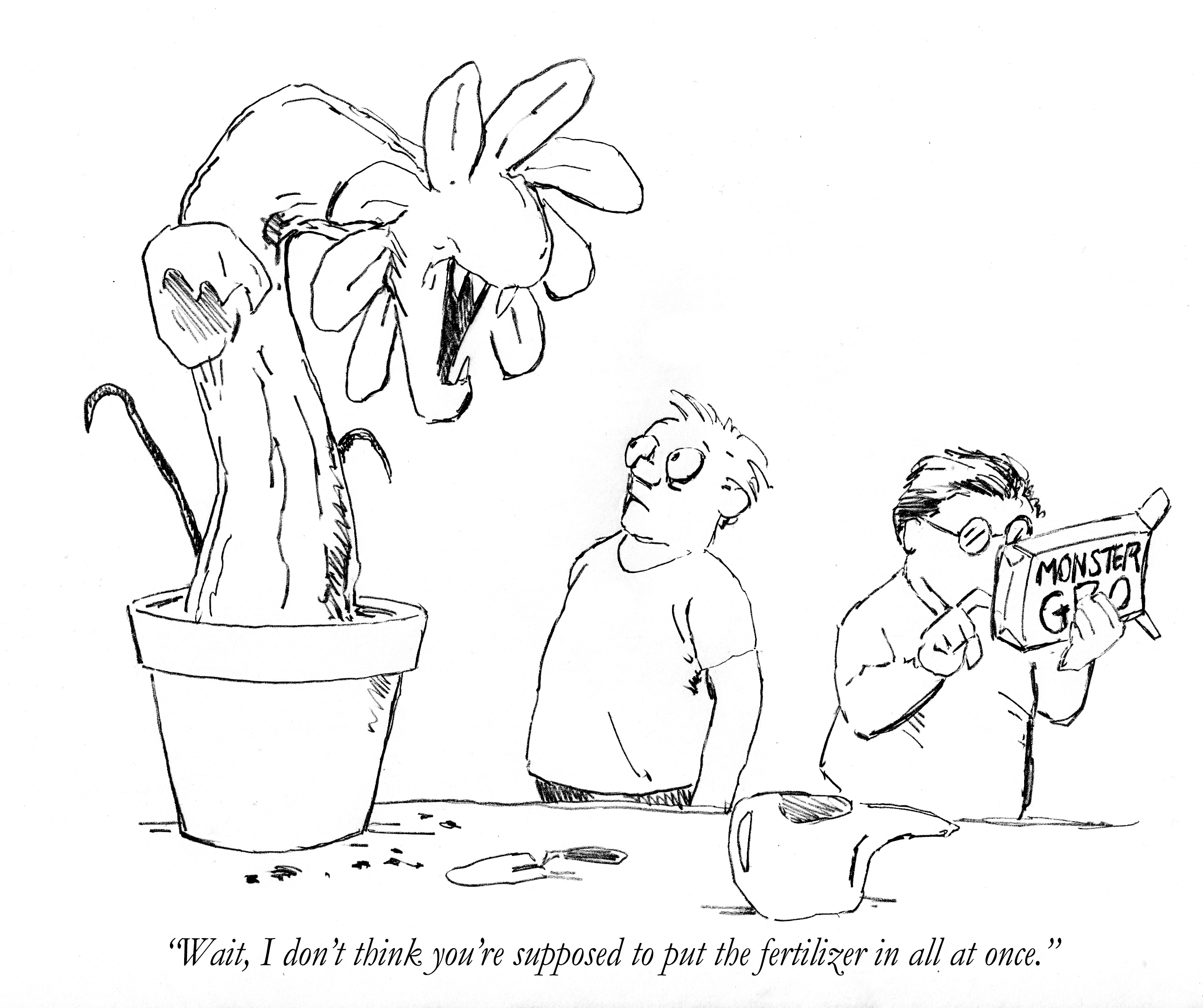On Monday, Elder Jeffrey R. Holland addressed BYU faculty and staff, outlining BYU’s unique mission to strive for both academic excellence and deliberate discipleship. He explained that his love for BYU has spanned “three-quarters of a century” and expressed pride in everything from BYU’s “academic recognitions and scholarly rankings to athletic success and the reach of BYUtv.”
However, in response to Elder Holland’s plea for faculty to defend the Church’s positions on family and marriage with “a little more musket fire from this temple of learning,” critics quickly flooded social media with messages ostensibly aimed at supporting the LGBT+ community. One Latter-day Saint commentator informed his LGBT+ followers that BYU’s administration was dedicated to hurting them and that the apostle’s musket metaphor would lead to “literal violence” against them. REAP’s Paul Southwick called the apostle’s remarks “antagonistic and warlike language” aimed at excluding vulnerable populations of LGBT+ youth. Some cited Elder Holland’s remarks while posting the numbers to suicide prevention hotlines and the bolded words “YOU ARE LOVED. YOU ARE WANTED.”
We have to wonder: Do these messages really leave people feeling loved and wanted? Or are they serving as a sideswipe at political enemies—a way of charging them with the idea that anyone who is not an ally doesn’t want you or doesn’t love you? Is that part of the point? The point being driven home by this sloganeering is not that words matter; it’s that sincerity and intention do not.
This is the cost of deforming other peoples’ words and intent—essentially weaponizing something not intended as a weapon—aka, beating their plowshares into swords. Isaiah anciently prophesies that during the Lord’s millennial reign, the nations of the earth will be at peace:
… they shall beat their swords into plowshares, and their spears into pruninghooks: nation shall not lift up sword against nation, neither shall they learn war any more.
Compared with a sword, a plowshare is a blade used for cutting furrows into the soil ahead of planting. In order to do its job properly, it must be kept sharp. It is, however, a tool and not a weapon. Its sharpness helps the skilled farmer to sow a life-giving harvest.
While a sword and plowshare could perhaps be formed from the other, their purposes couldn’t be more different. So it is with our discourse. Communicating with integrity sometimes requires a cutting edge along which one attempts to separate truth from error or love from flattery. And yet, there is a clear difference between cutting away falsehood and cutting down people.
This distinction, however, is being lost from our cultural consciousness, aided by those convinced that any challenge to their own preferred self-identity and socio-political priorities is an assault on individual wellbeing. In a recent press release, Equality Utah called upon the Church “to abandon the inflammatory rhetoric of violence and warfare,” linking Elder Holland’s use of the metaphor of musket fire to such acts of violence as the Pulse nightclub shooting.
Ironically, this overwrought, even ridiculous conflation between a benign figure of speech and mass murder was justified by the pithy phrase “words matter.” Of course words matter! But the point being driven home by this sloganeering is not that words matter; it’s that sincerity and intention do not.
Operating under this worldview, activists have constructed a reverse hostage situation in which any form of disagreement becomes an existential threat—no matter how genuinely held or how lovingly expressed. They are populating the world of LGBT+ youth with violent oppressors lurking behind every non-rainbow-colored corner. Freddie de Boer writes:
The foundational assumption of the LGBTQ movement of today is that people in those communities are permanently and existentially weak; any insult or injury to them, no matter how small, will inevitably be a life-altering trauma. They are considered devoid of resilience and incapable of recovery. They are portrayed, by their loudest allies, as lost little children, wounded by language, utterly vulnerable at all times to those who could derail them with a bad look. This is not progress.
A Latter-day Saint friend recently confided the following.
My brother is a gay, emotionally vulnerable kid in his early 20s. He has some challenges in his life (not just sexuality). But he is also very loved by family and friends alike. One of my greatest fears is that one day he will start to buy into these messages that those of us who are still believing members hate him or don’t think his life has any value, or that suicide is a legitimate response to someone else’s religious beliefs.
Sometimes people who love us will want things for us we don’t want for ourselves. Sometimes people who don’t love us will flatter us by confirming all of our opinions and desires. Resilient, healthy people need to be able to recognize the difference.
Finally, it’s worth considering the role of campus and social media activists in any pain or disappointment felt from Elder Holland’s remarks. His reiteration of the Church’s position on marriage and gender should not have been a surprise given its consistency with similar messages from the Brethren since Obergefell. Yet even as the Church has maintained it’s stance on same-sex marriage in the face of mounting political and cultural pressures, some hopefuls insist that the arc of social justice bends toward their own politically inflected vision of Zion. The Church, they believe, will respond to their public agitations by marching obediently toward “progress.”
Organizations like Mormons Building Bridges and Mama Dragons have been advancing this kind of narrative for years—to the detriment of those who end up embracing it as true. As Elder Holland noted, even BYU faculty have taken up the cause. Upon retirement, former BYU professor Richard Davis informed Tribune readers that the Church’s position on marriage makes gays “partial human beings” and “second-class citizens” despite being welcome to participate in the Church at every level. Without providing any doctrinal support, he compared the plight of gay members to that of Blacks prior to the lifting of the priesthood ban and then mused whether some of the apostles were “altering their views about homosexual behavior.” As Davis tells it, despite clear prophetic teachings to the contrary, the Church cannot oppose gay marriage and espouse love for gay members. Under this view, it’s both necessary and reasonable to expect the Church to change its doctrine.
It is, of course, important to be sensitive and sympathetic to the pain that many LGBT+ individuals have expressed in the days since Elder Holland’s remarks. Elder Holland himself declared “unequivocally [his] love and that of [his] Brethren for those who live with this same-sex challenge and so much complexity that goes with it. Too often the world has been unkind, in many instances crushingly cruel, to these our brothers and sisters.” Activists have constructed a reverse hostage situation in which any form of disagreement becomes an existential threat—no matter how genuinely held or how lovingly expressed. They are populating the world of LGBT+ youth with violent oppressors lurking behind every non-rainbow-colored corner.
There is another path forward. We can embrace the Church’s teachings, regardless of how we identify, trusting in God’s merciful plan for our personal growth and eventual exaltation. We can exercise patience with the Lord on doctrines we don’t understand. And we can trust that the words of those whom he calls to lead his Church will, in fact, reveal a greater portion of his love, truth, and healing power in our lives–regardless of the way critics frame them.
At the very least, we can refrain from needlessly indicting God’s ordained servants. The power to accuse and condemn is a double edged sword that too often cuts into the hearts of those it was supposed to protect.

















